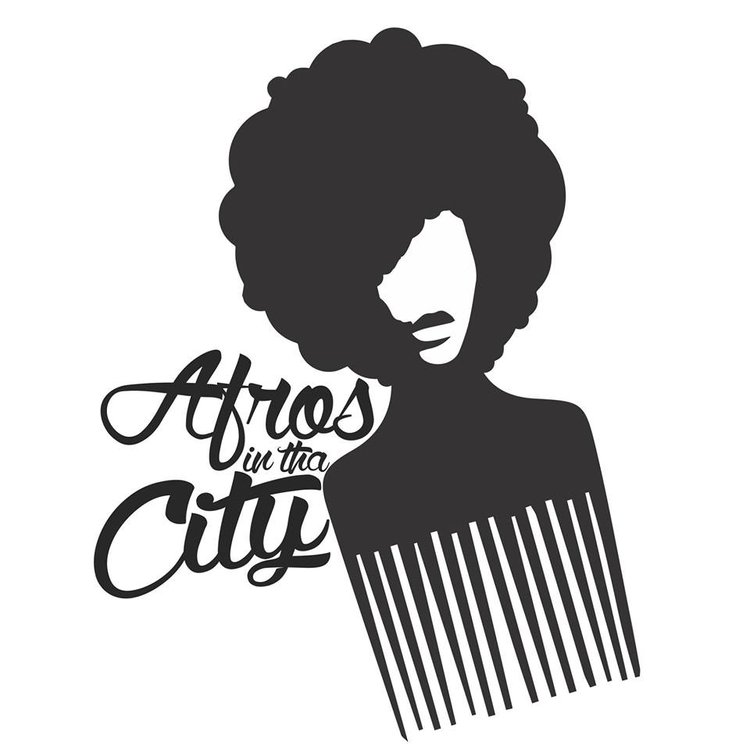For Black History Month this year, I had planned to write a poem or lyric essay. I juggled around the common themes of survival, achievement, oppression, and creativity. While I do believe it is important to know our history, and to know of these things, I often wonder how much we recycle certain stories, or even what new stories could and should be told.
The reality is, while Black history is beautiful, it is also painful and rooted in trauma. Many of these traumas still require healing for ourselves, and the community. This is where I began to think, “what else?” I could write a typical BHM essay, rooted in historical oppression, but right now I want to think of an alternative narrative. Black History, though often confined to dates on the calendar, is much more than 28 days.
I came across the idea of Black Futures Month (BFM) from several members of the staff here at Afros In Tha City. Inside BFM I found amazing ideas under the scope of Afro-futurism, as not only Black science fiction, but also real tangible better economic possibilities. I then asked myself what role I can play in this as a writer.
When thinking of telling Black stories, it is important we ask ourselves the key questions. “Why am I telling this story?” and “Who is this story really for now that it has been fleshed out?” are two great places to start. By asking these types of questions, not only will our ideas improve, but they will evolve us at the same time. By asking hard questions, we often get difficult answers, which can mean fundamentally changing the way we as a community approach things.
I could easily write an essay or poem on systemic racism, or African enslavement, or even creatively rattle off Black history facts. But instead, this month I asked myself a new question: “What does it mean to lean into Black joy, as an act of resistance?” The world seems to be getting more difficult by the week, by the day even. But the reality is, for Black people there has been a pandemic known as systemic racism for over 500 years.
Writing joy, or even leaning into the idea of it, when it feels like everything is falling apart is what has kept our people going this long.
For me, Black history is always incorporated into my art. I want to be clear that I believe these stories of oppression are important and worth telling. But how I tell those stories, and the ratio of joy to pain must be examined for me moving forward. Sometimes we have to tell those hard stories, and when the hour arises we, of course, answer the call. But we also must call upon ourselves to make room for happiness even when it feels like it is impossible.
Over the last few years, but especially last year, we have lost so many Black creatives too early. We must take care of ourselves. We do not owe the continual educating of our historic pain if that process of education causes exhaustion. Pain is not the sole proprietor for Blackness. Consequently, I think it is important that when educating, we speak of our joy too.
As I lean into joy as a revolutionary act, I want to write stories that invigorate the spirit. I hope to find more stories like past articles I’ve written on Oliver Bowen or the Amber Valley Baseball Team. These are stories of resilience during very difficult times to be Black in Alberta. But these are also stories of joy. I wish to tell stories that remind Black Albertans that we are power in our joy and not just our pain.
I believe that if you agree with this essay, you should try leaning into joy as a revolutionary act. Take a walk to your favorite place. Buy your favorite ice cream. Make some hot cocoa. Just treat yourself like the fictional character Donna on Parks & Rec, and make your life a little better, however that may be. It does not have to be as complex as setting up an entire community for Black people.
Find the positive things and people in your life that are making things a little easier each day, because right now that’s the Black future I want to see for all of us.
